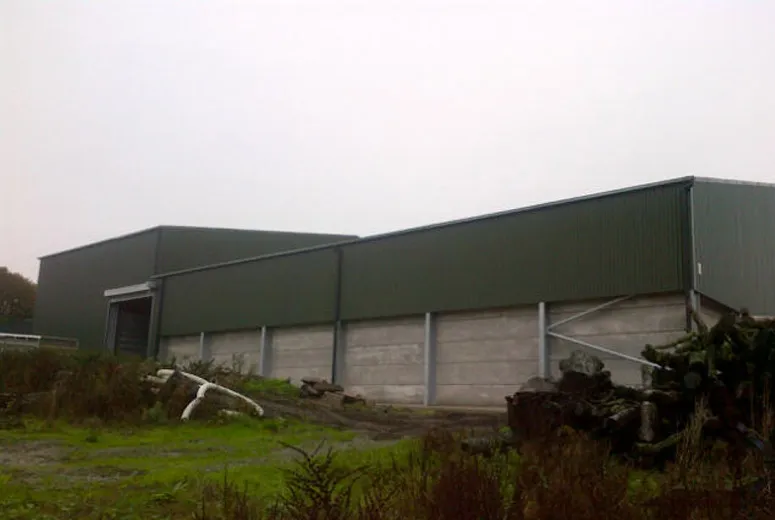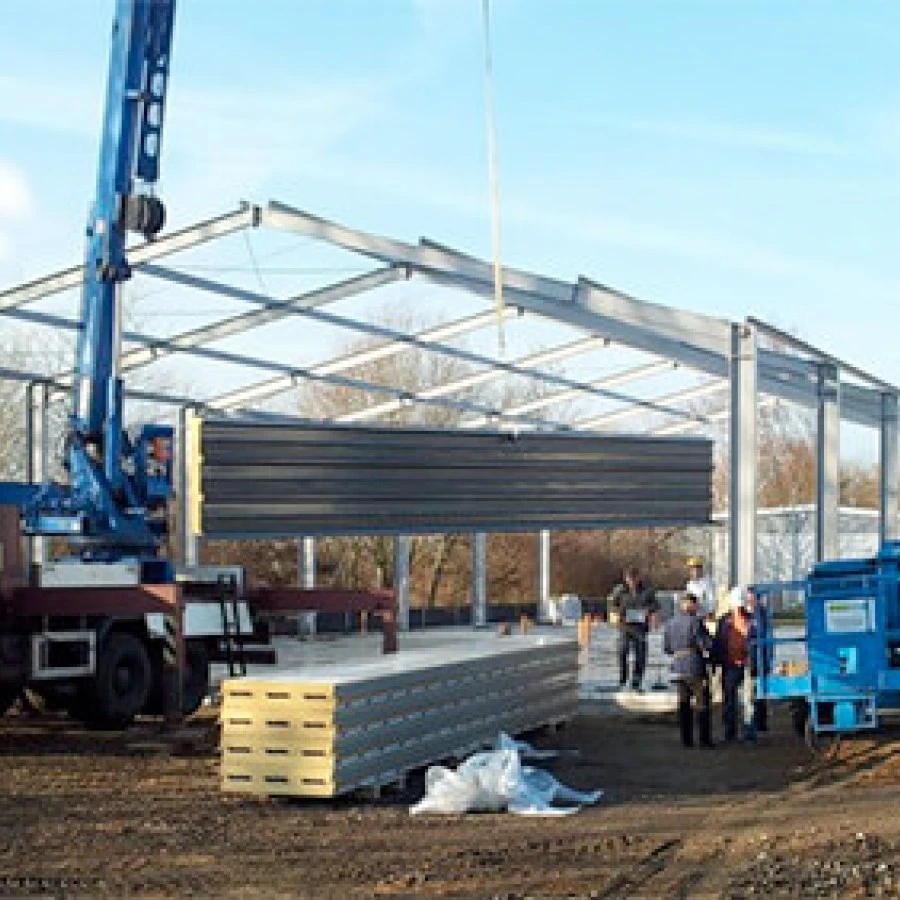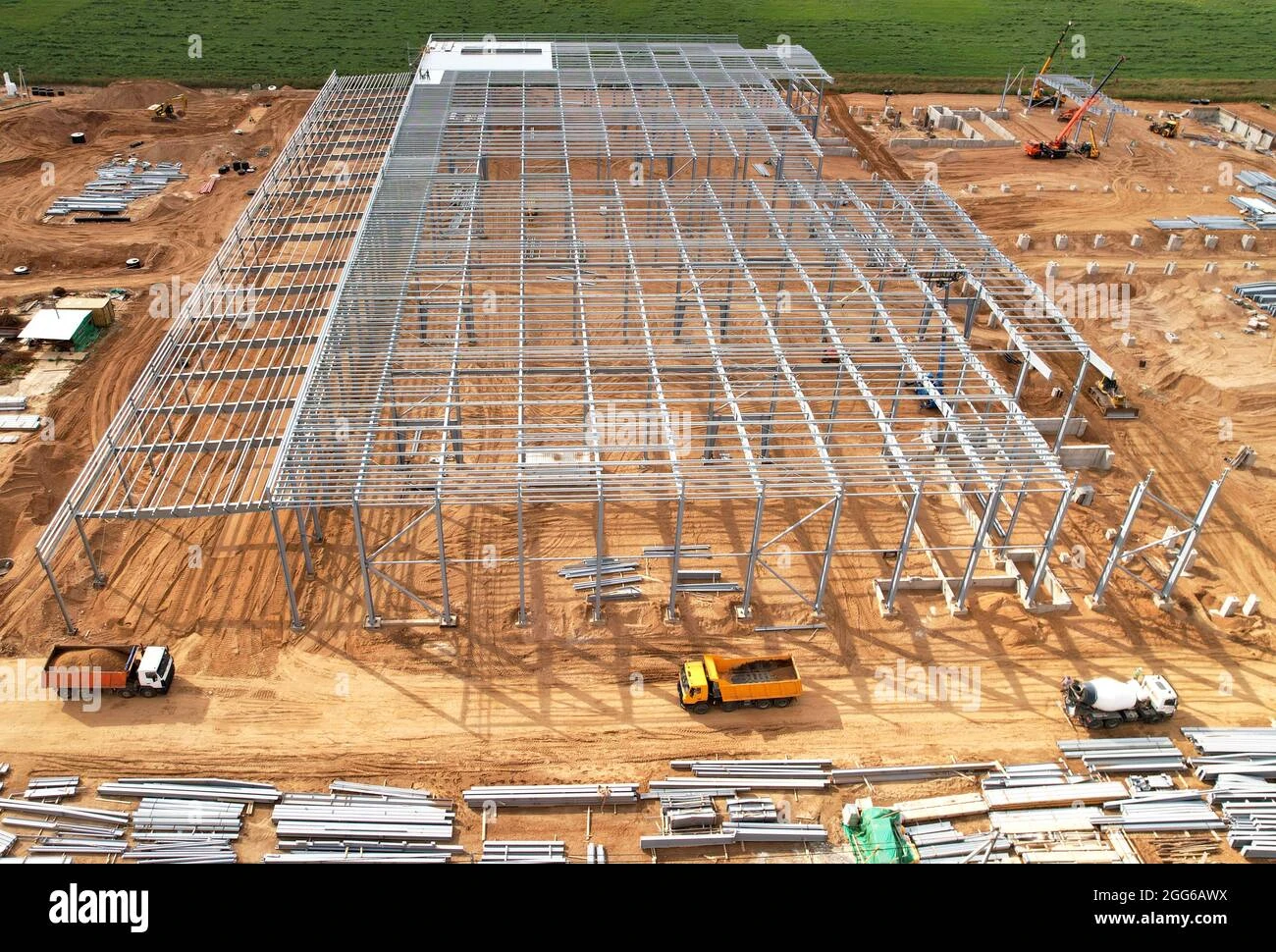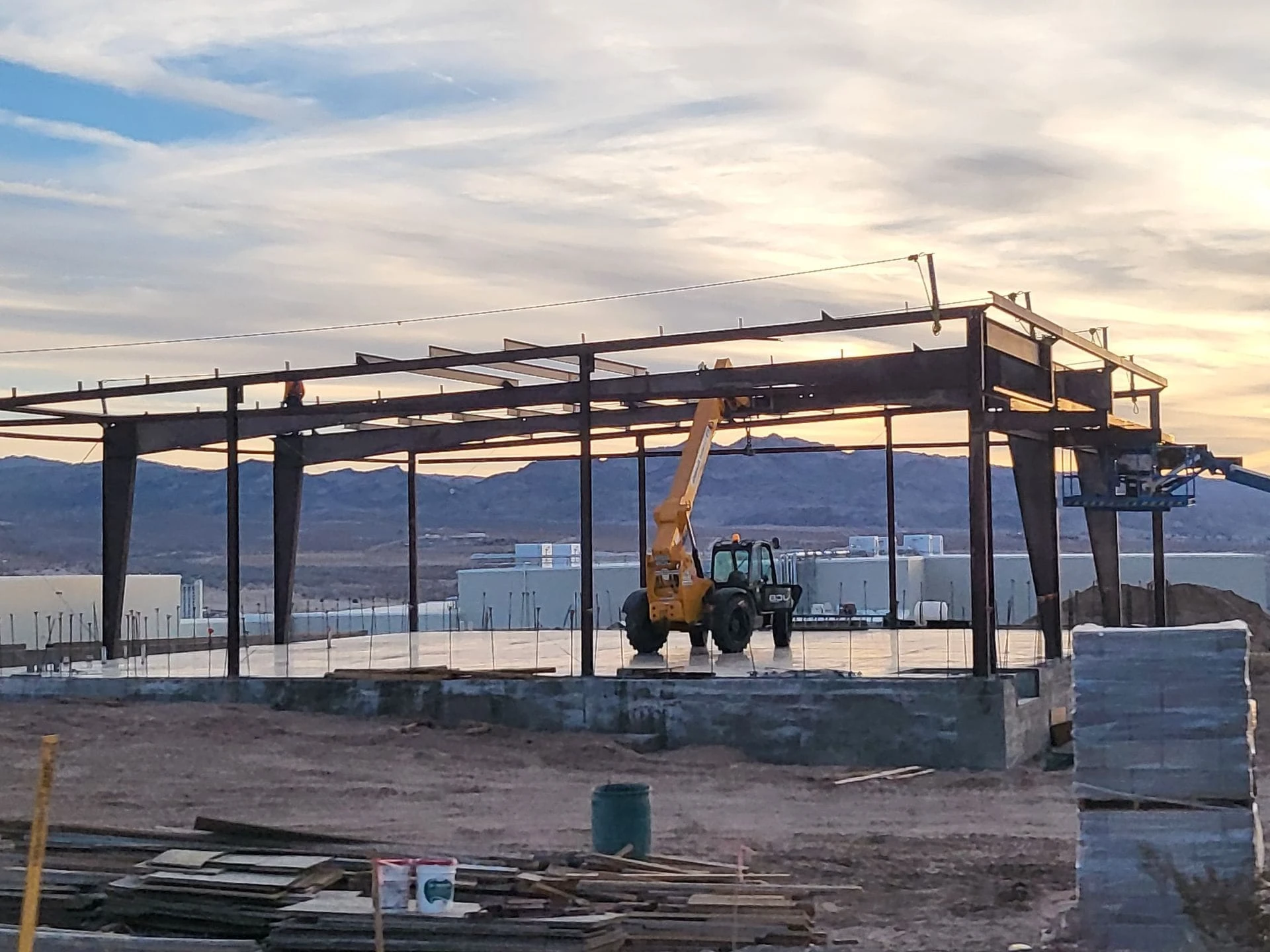- Afrikaans
- Albanian
- Amharic
- Arabic
- Armenian
- Azerbaijani
- Basque
- Belarusian
- Bengali
- Bosnian
- Bulgarian
- Catalan
- Cebuano
- Corsican
- Croatian
- Czech
- Danish
- Dutch
- English
- Esperanto
- Estonian
- Finnish
- French
- Frisian
- Galician
- Georgian
- German
- Greek
- Gujarati
- Haitian Creole
- hausa
- hawaiian
- Hebrew
- Hindi
- Miao
- Hungarian
- Icelandic
- igbo
- Indonesian
- irish
- Italian
- Japanese
- Javanese
- Kannada
- kazakh
- Khmer
- Rwandese
- Korean
- Kurdish
- Kyrgyz
- Lao
- Latin
- Latvian
- Lithuanian
- Luxembourgish
- Macedonian
- Malgashi
- Malay
- Malayalam
- Maltese
- Maori
- Marathi
- Mongolian
- Myanmar
- Nepali
- Norwegian
- Norwegian
- Occitan
- Pashto
- Persian
- Polish
- Portuguese
- Punjabi
- Romanian
- Russian
- Samoan
- Scottish Gaelic
- Serbian
- Sesotho
- Shona
- Sindhi
- Sinhala
- Slovak
- Slovenian
- Somali
- Spanish
- Sundanese
- Swahili
- Swedish
- Tagalog
- Tajik
- Tamil
- Tatar
- Telugu
- Thai
- Turkish
- Turkmen
- Ukrainian
- Urdu
- Uighur
- Uzbek
- Vietnamese
- Welsh
- Bantu
- Yiddish
- Yoruba
- Zulu
Dec . 02, 2024 06:49 Back to list
The Evolution and Advantages of Steel Structure Residential Buildings
In the modern era, architectural innovation and advancements in engineering have led to the rising popularity of steel structure residential buildings. Unlike traditional timber frame or concrete constructions, steel structures provide numerous advantages, including sustainability, durability, and design flexibility. As urban populations grow and the need for efficient housing solutions increases, steel structures have emerged as a viable alternative for residential construction.
Strength and Durability
One of the most significant advantages of steel as a construction material is its incredible strength-to-weight ratio. Steel structures can withstand extreme weather conditions, including heavy winds, earthquakes, and other natural disasters, much better than traditional materials. This durability ensures a longer lifespan for buildings, reducing the need for regular maintenance and the associated costs over time. Moreover, steel is not susceptible to issues such as mold, termites, or rotting, which can compromise the integrity of wooden structures. As a result, steel buildings often display enhanced safety and longevity.
Speed of Construction
Another critical advantage of steel structure residential buildings is the speed at which they can be constructed. Steel components can be prefabricated off-site and delivered ready to assemble, significantly reducing on-site labor requirements and construction timelines. While traditional building methods can take months or even years to complete a residential project, steel buildings can be erected in a matter of weeks. This rapid construction process not only minimizes disruption to the surrounding community but also allows for quicker occupancy, catering to the increasing demand for housing in urban areas.
Design Flexibility
steel structure residential building

Steel’s inherent strength allows for more expansive and versatile designs than other materials. Architects can create open floor plans and larger spaces without the need for numerous load-bearing walls, providing homeowners with greater freedom to customize their living environments. The aesthetic appeal of steel structures is also noteworthy; they can be finished with a variety of materials, including glass, wood, or concrete, allowing for a modern appearance that can be tailored to the homeowner's preferences. This flexibility in design aligns perfectly with contemporary lifestyle trends that emphasize openness and adaptability.
Environmental Sustainability
In a world increasingly focused on sustainability, steel structures stand out for their eco-friendly characteristics. Steel is one of the most recycled materials globally, and it can be repurposed without losing its properties, making it a sustainable choice for construction. Furthermore, the production of steel has become more energy-efficient over the years, with many manufacturers adopting greener practices. Using steel in residential construction can contribute to environmentally friendly practices and reduce the carbon footprint of buildings, aligning with the growing trend toward sustainable living.
Cost-Effectiveness
While the initial investment in steel structure residential buildings may be higher than traditional construction methods, the long-term savings are substantial. The durability and low maintenance requirements associated with steel structures result in reduced costs over time. Additionally, the speed of construction means lower labor costs and quicker returns on investment for builders and homeowners alike. Furthermore, as energy efficiency improves, homeowners can enjoy lower utility bills, particularly when modern insulation and energy-efficient systems are incorporated into the design.
Conclusion
The shift toward steel structure residential buildings has transformed the construction landscape, providing innovative solutions to meet the challenges of modern living. With increasing urbanization and the need for sustainable housing solutions, steel structures offer a compelling alternative to traditional materials. Their strength, speed of construction, design flexibility, environmental sustainability, and cost-effectiveness make them an attractive option for homeowners and builders alike. As we look to the future, the trend of embracing steel in residential construction is likely to continue, paving the way for a new era of efficient and sustainable living environments.
-
Navigating the World of Steel Building Services: Who to Choose?
NewsJun.23,2025
-
How Do Steel Frame and Prefab Building Factories Shape Modern Construction?
NewsJun.23,2025
-
How Do Steel and Metal Structures Shape Modern Industrial Spaces?
NewsJun.23,2025
-
How Do Prefab Buildings of Various Sizes Meet Modern Construction Needs?
NewsJun.23,2025
-
How Do Factory Buildings and Metal Structures Redefine Industrial Infrastructure?
NewsJun.23,2025
-
Exploring Key Aspects of Industrial Building Development: What You Need to Know?
NewsJun.23,2025
Products categories
Our Latest News
We have a professional design team and an excellent production and construction team.












